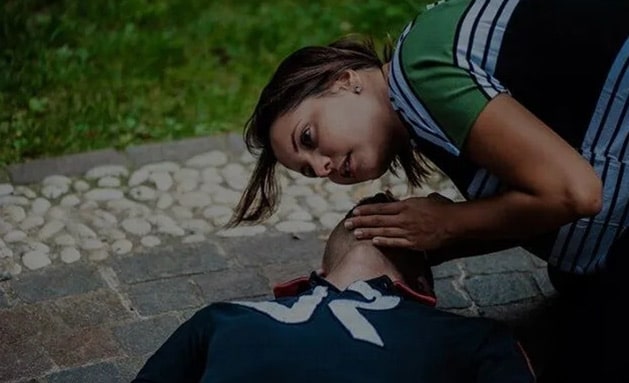If you are an individual, who is not a medical professional, and offer help out of compassion and in good faith, you may be protected by the Texas Good Samaritan law.
Did you witness a car accident and rush to help an injured person? If so, you are what Texas law considers a “Good Samaritan,” stemming from a Christ parable in Luke 10:33 of the New Testament about a man who helps a stranger in distress. By Texas law, such persons are generally exempt from lawsuits by the injury victim.
However, if you were the car crash injury victim and a so-called Good Samaritan injured you while lending aid, you may be able to sue that person within the bounds of Texas’ Good Samaritan law.
That law generally protects those who try to help an injured person at an emergency scene. They may try to help a victim get out of a vehicle (fire could be a danger after a crash) or even offer medical aid at the scene. Their liability in an injury lawsuit depends on this law.
Texas Injury Lawyers Know Good Samaritan Law
Each state has its own laws about Good Samaritans and their liability after an accident or emergency. The Texas injury lawyers at Jim Adler & Associates’ offices in Houston, Dallas, San Antonio and Channelview know the Texas Good Samaritan law well.
They know that Texas law tends to protect Good Samaritans from claims of negligence when they intervene after a car wreck or other accident by providing immediate medical assistance at the scene.
The Texas Good Samaritan Act holds that “A person who in good faith administers emergency care at the scene of an emergency or in a hospital is not liable in civil damages for an act performed during the emergency unless the act is willfully or wantonly negligent.”
What does that mean? It means if an individual provides help in an emergency situation, that person cannot be sued unless they are clearly negligent. Texas’ law for Good Samaritans is thus designed to encourage people to help in an emergency by protecting them from liability.
Exceptions to Texas Good Samaritan Law
As with many laws, there are exceptions to the Texas Good Samaritan law, which has been revised many times since it was first written. These exceptions mean Good Samaritans who offer aid in an emergency are not exempt from liability if:
- They expect remuneration or payment for their help
- They were at the emergency scene to solicit business or offer a service
- They are someone who normally provides emergency care, such as a nurse or emergency room worker
- They are a treating or admitting physician associated with the physician of the victim making a medical care liability claim
- They are the person responsible for causing the injury in the first place, such as a bad driver who then offers emergency aid to a crash victim
In general, such exceptions to Texas’ Good Samaritan law are medical professionals or persons seeking compensation or payment for aid they render in an emergency. If you are not such a person but rather an individual citizen offering help out of compassion, you may be protected by the Texas Good Samaritan law and be exempt from liability.
The Texas Good Samaritan Act thus protects persons who simply provide help out of their own generosity when someone needs immediate assistance in an emergency situation.
More Protections of Texas’ Good Samaritan Act
Additional protections provided by Texas’ Good Samaritan Act include:
- Protections for unlicensed medical personnel who are not certified or licensed in the healing arts but act in good faith to help at an emergency
- Protections for persons who use a portable automated external defibrillator in an emergency to check a victim’s heart rhythm, then give the heart an electric shock to restore normal rhythm in a life-threatening situation such as cardiac arrest.
Get A Free Case Review Today!
If you need more information about Texas’ Good Samaritan law as it pertains to emergencies such as auto accidents, notify the Texas-based car accident lawyers at Jim “The Texas Hammer” Adler’s law offices in Houston, Dallas, San Antonio or Channelview.
Perhaps you were injured in a car crash, and then you were further injured by a person who rendered aid with wanton or willful negligence. If so, you may have an injury claim within the bounds of the Texas Good Samaritan law. Consult a car accident attorney with Jim Adler & Associates today and get the legal help you need.





